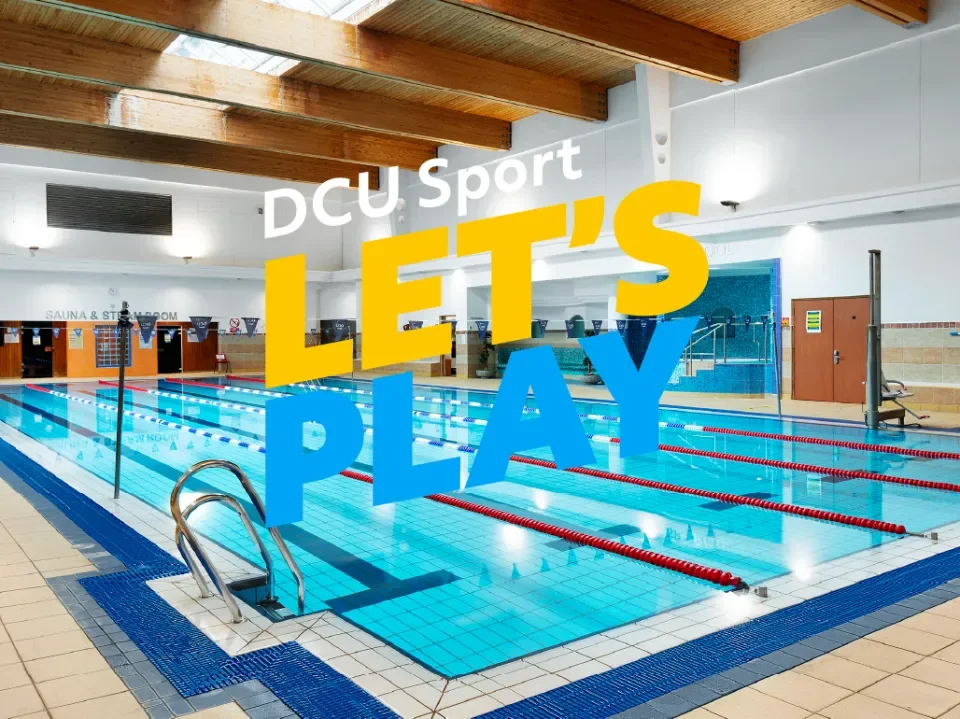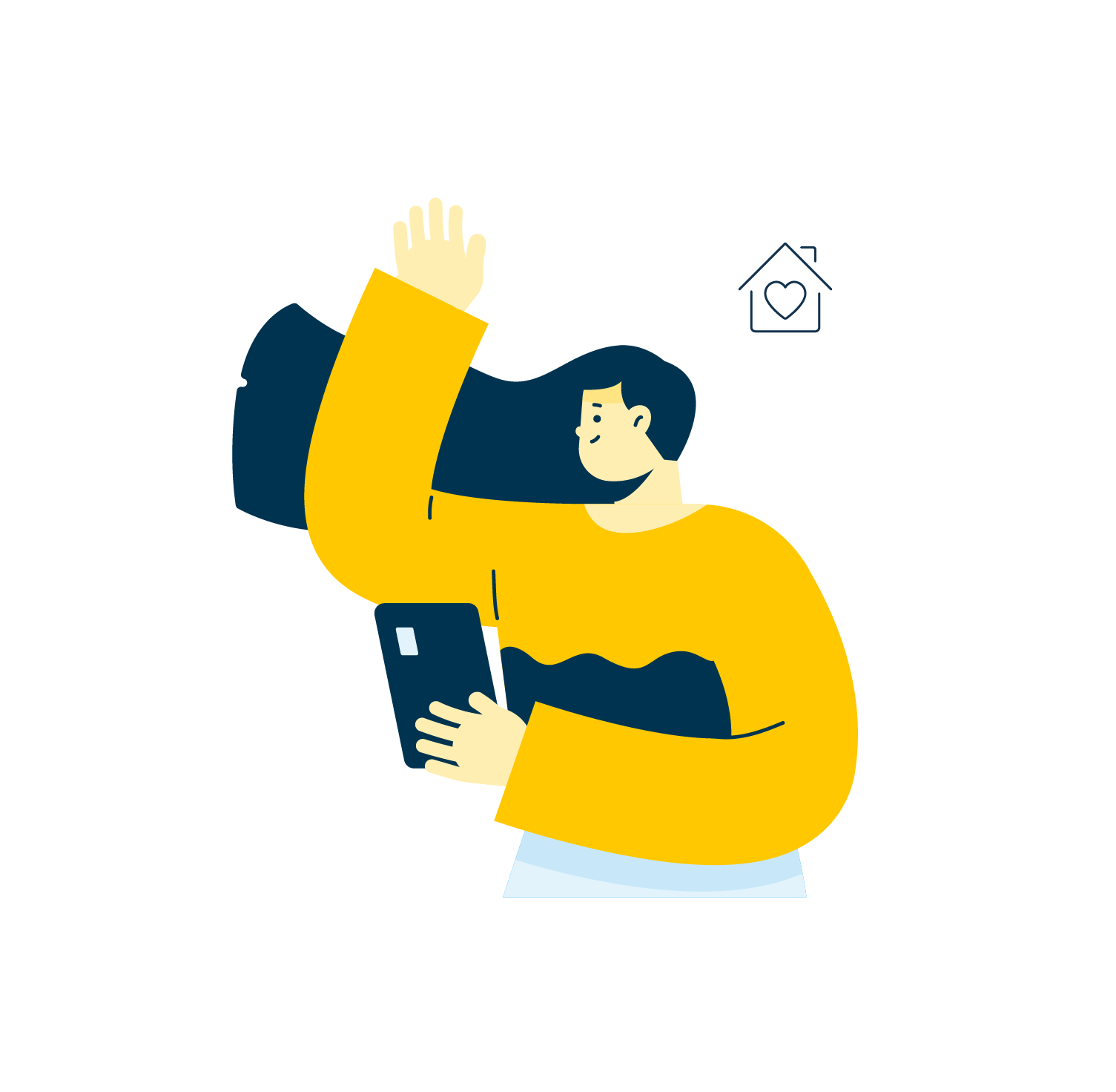Welcome
At Dublin City University, we are passionate about fostering a vibrant sporting community that champions participation, engagement, excellence and growth through sport. We are committed to creating an environment where students, staff, and the wider community thrive in sport, physical activity and well-being.
DCU Sport caters to everyone, from complete beginners and fitness enthusiasts to high-performance athletes, teams, and volunteers. Whatever your level, DCU Sport has a membership, sports club, fitness class, programme or volunteering opportunity for you. Whether you are starting your fitness journey or aiming to excel in your sport, we provide a space where everyone can connect, grow, and thrive.
Find your passion, chase your goals, and feel better every day by getting active in an inclusive, fun environment. Explore a world of opportunities for students, staff, alumni, families, and the local community - you'll be glad you did.
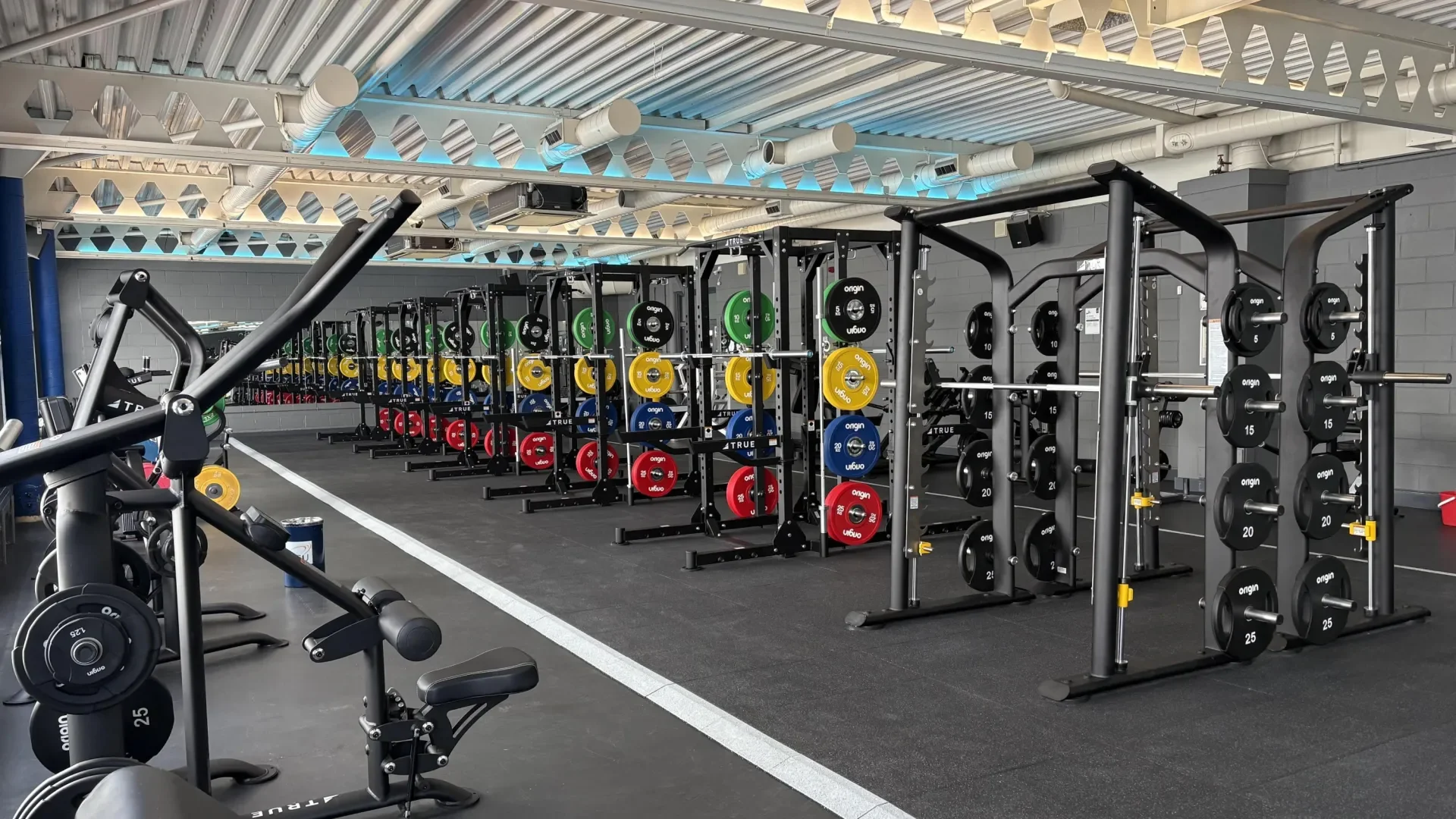
Get moving, get stronger, and have fun doing it! Whether you're ready to sign up, book your next workout, or check out the awesome programmes we offer. Everything you need is right here!
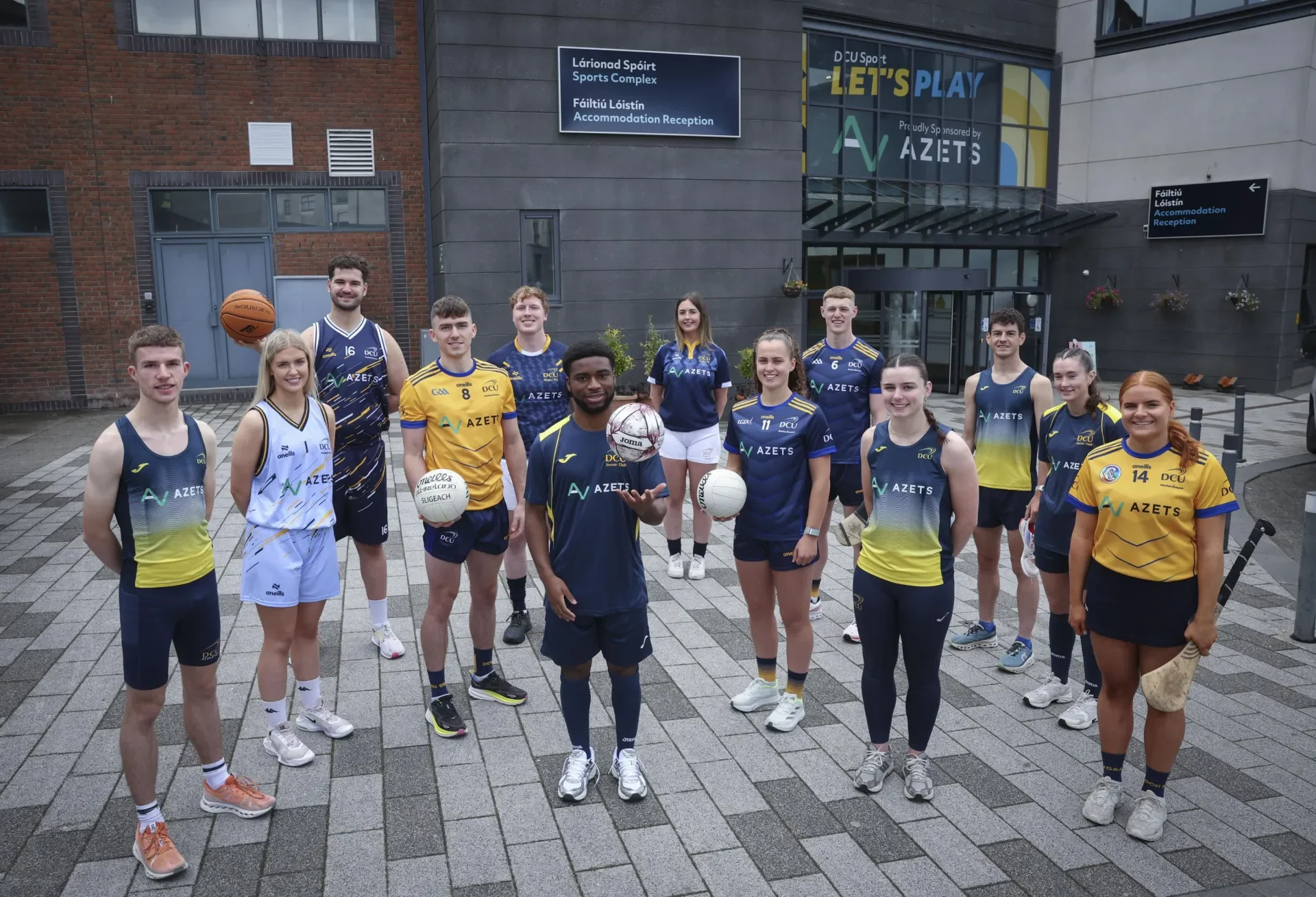
Whether you're looking to join a club, compete at a high level, or build your leadership skills, there's a place for you in student sport. Meet new people, push your limits, and make the most of your time on campus!
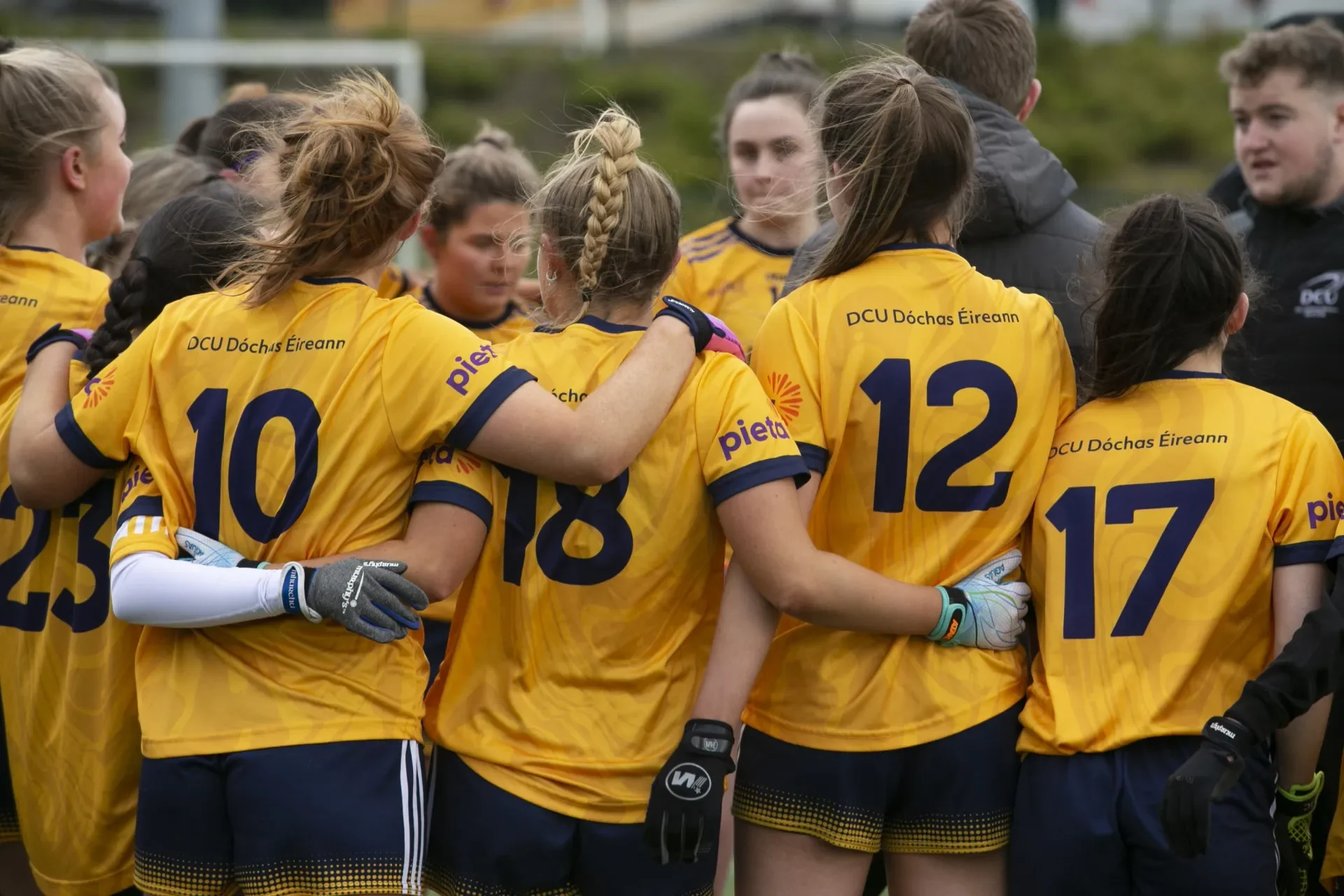
DCU Sport is a friendly, inclusive space open to students and the wider community. Whether you're here to train, take part in programmes, or just stay active, we’re here to help you feel your best. Learn more, explore our facilities, or get in touch
Summer Camps
Get ready for an unforgettable summer of fun, fitness, and friendship at DCU Sport! Our Children and Teen Summer Camps are the perfect way to stay active, make new friends, and try exciting new activities in a safe and energetic environment.
Summer Camp 2025, on sale from 14th April 2025
See how DCU Sport is helping students to excel in their studies, sport and life.
Experience a glimpse into the dynamic lives of DCU's performance athletes and student community, and learn how DCU Sport is empowering them to succeed in all aspects of their journey.


